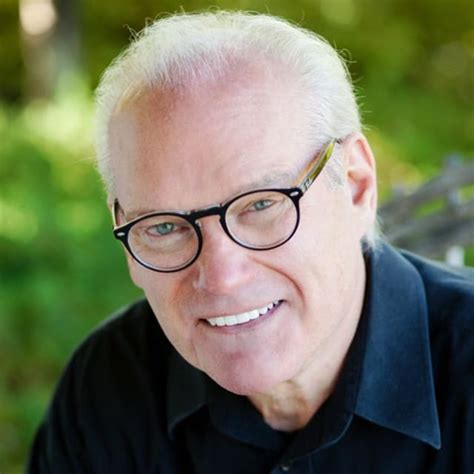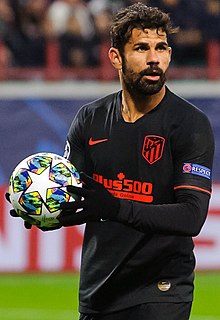A Quote by Patrick deWitt
My first book didn't even have a Canadian publisher. And that upset me, because I so wanted a readership up there.
Related Quotes
As soon as I finished 'The Finkler Question,' I was in despair. I'd changed my English publisher because they'd been lukewarm about it and not offered enough money. The American publisher didn't like it. The Canadian publisher didn't like it... I'd been bleeding readers since my first novel, and I could see my own career going down.
I went to SXSW in 2011. God, that was awful. I mean, I only went because my publisher wanted me to promote the book and the organizers invited me and it seemed silly not to go, especially for a relatively unknown first-time author. This is just not my cup of tea; the fewer such events I do on an annual basis, the happier I feel.
I didn't write professionally at first. It took me nine years to get anything published. At the beginning I mostly wrote picture books, which were rejected by every children's book publisher in America. The first book of mine to be accepted for publication was ELLA ENCHANTED, and not one but two publishers wanted it. That day, April 17, 1996, was one of the happiest in my life.
What is striking is that from almost from the very beginning of certainly by September and October of 1963, as the book was being constructed, that [Alex] Haley was vetting - asking questions to the publisher and to the publisher's attorney regarding many of the things that Malcolm X was saying. He was worried that he would not have a book that would have the kind of sting that he wanted.
Having 'The Expats' not be 'wholesale-y' rejected by the world made it possible for me to write the second book and have a publisher buy it before it was entirely written. And it made it easier for me and my publisher to get 'The Accident' out into the world without trying to convince people to pay attention to it the way you do for a first novel.
Get Up is basically the book I wanted to have my first year of sobriety. I wish someone had given me this book a year before I even went to a meeting because I was already miserable. I didn't enjoy drinking anymore, I just couldn't stand the idea of not doing it. I was afraid if I got sober I wouldn't be able to write anymore. That was a really big fear of mine, which turned out not to be true.
Longing surged up within me. I wanted it. Oh God, I wanted it. I didn't want to hear Jerome chastise me for my "all lowlifes, all the time" seduction policy. I wanted to come home and tell someone about my day. I wanted to go out dancing on the weekends. I wanted to take vacations together. I wanted someone to hold me when I was upset, when the ups and downs of the world pushed me too far. I wanted someone to love.





































